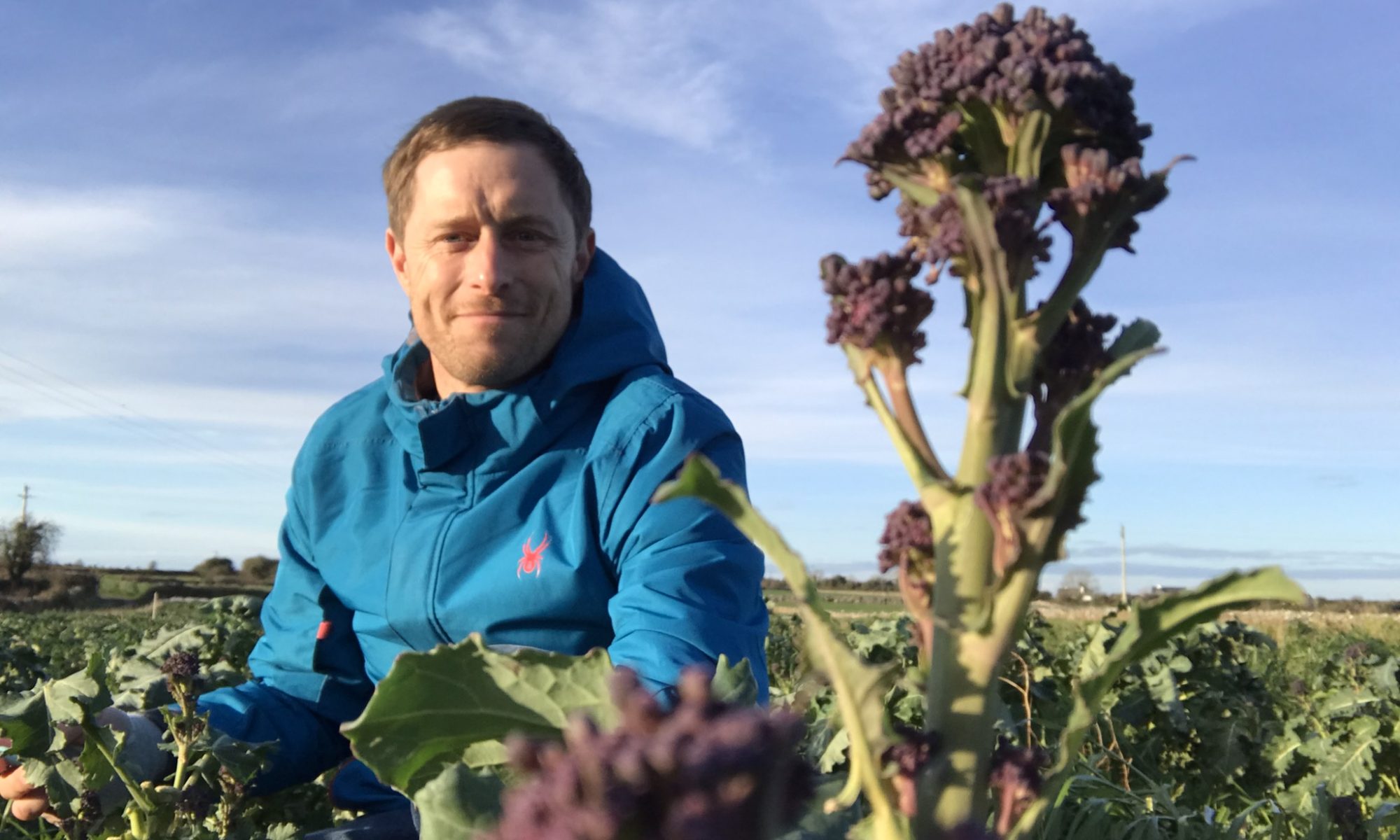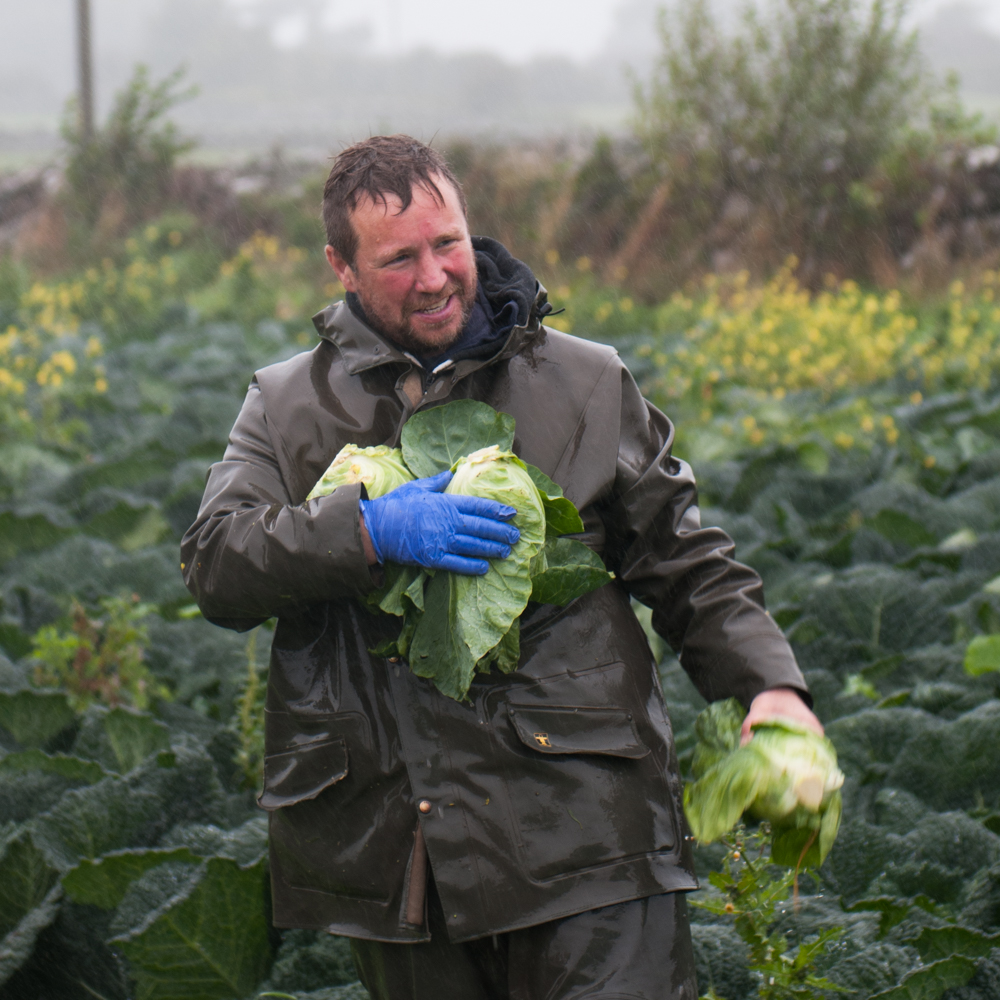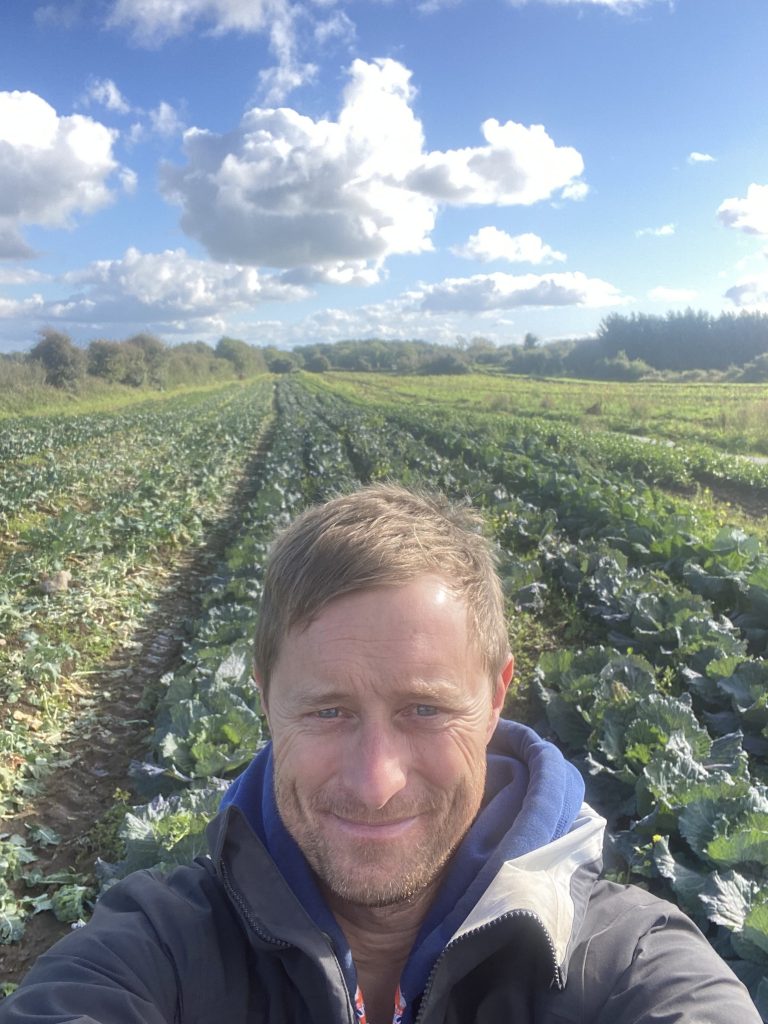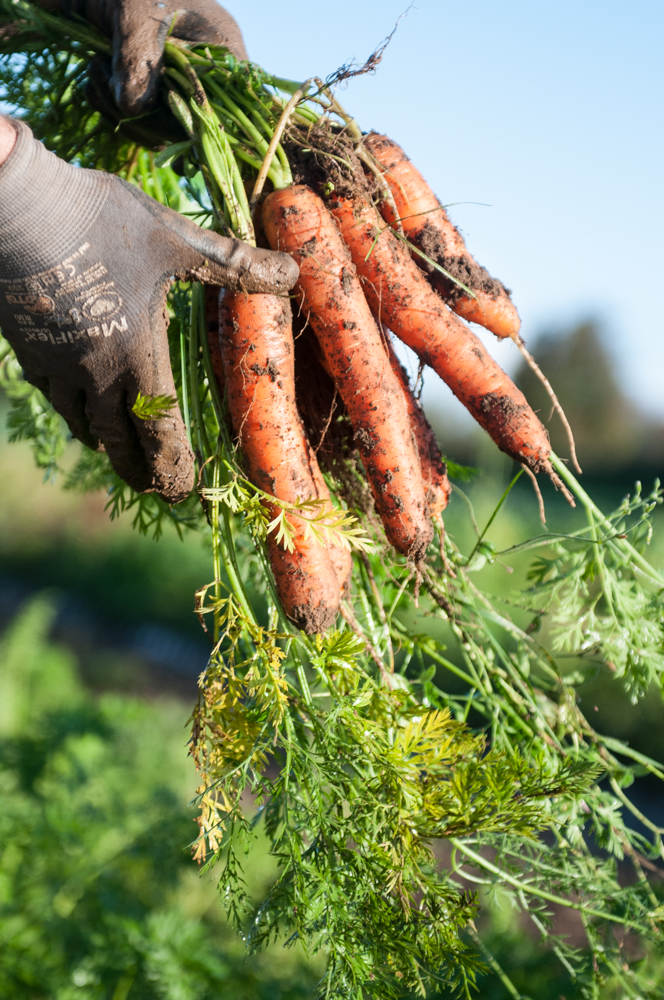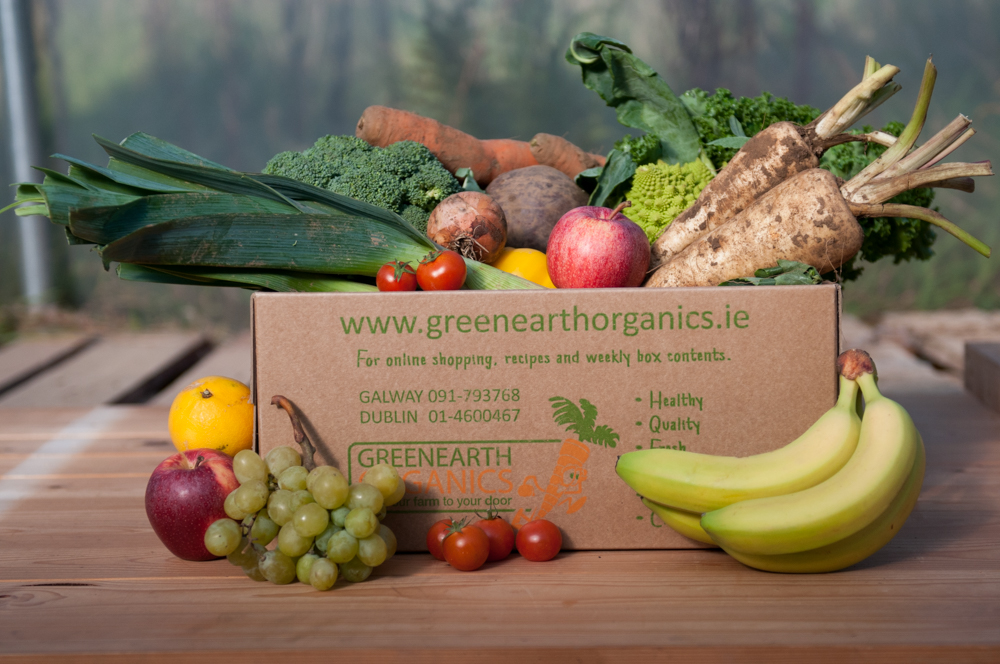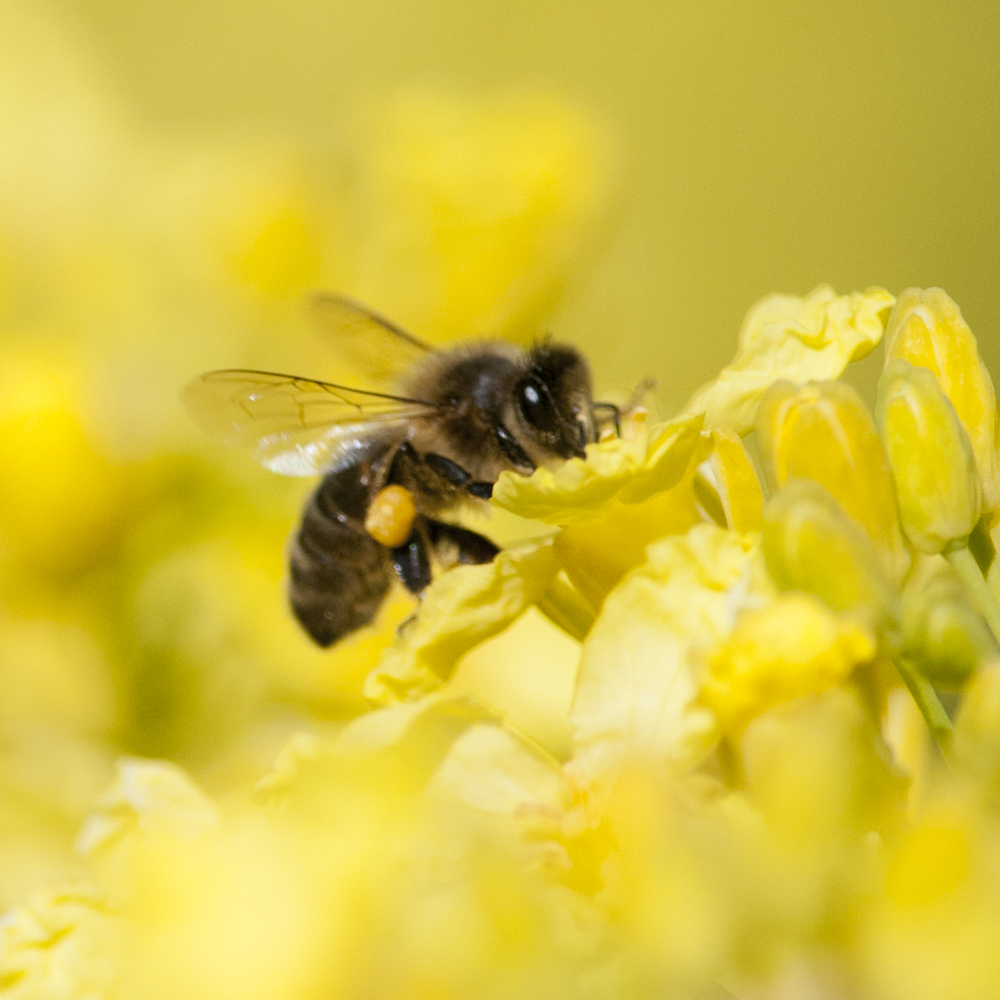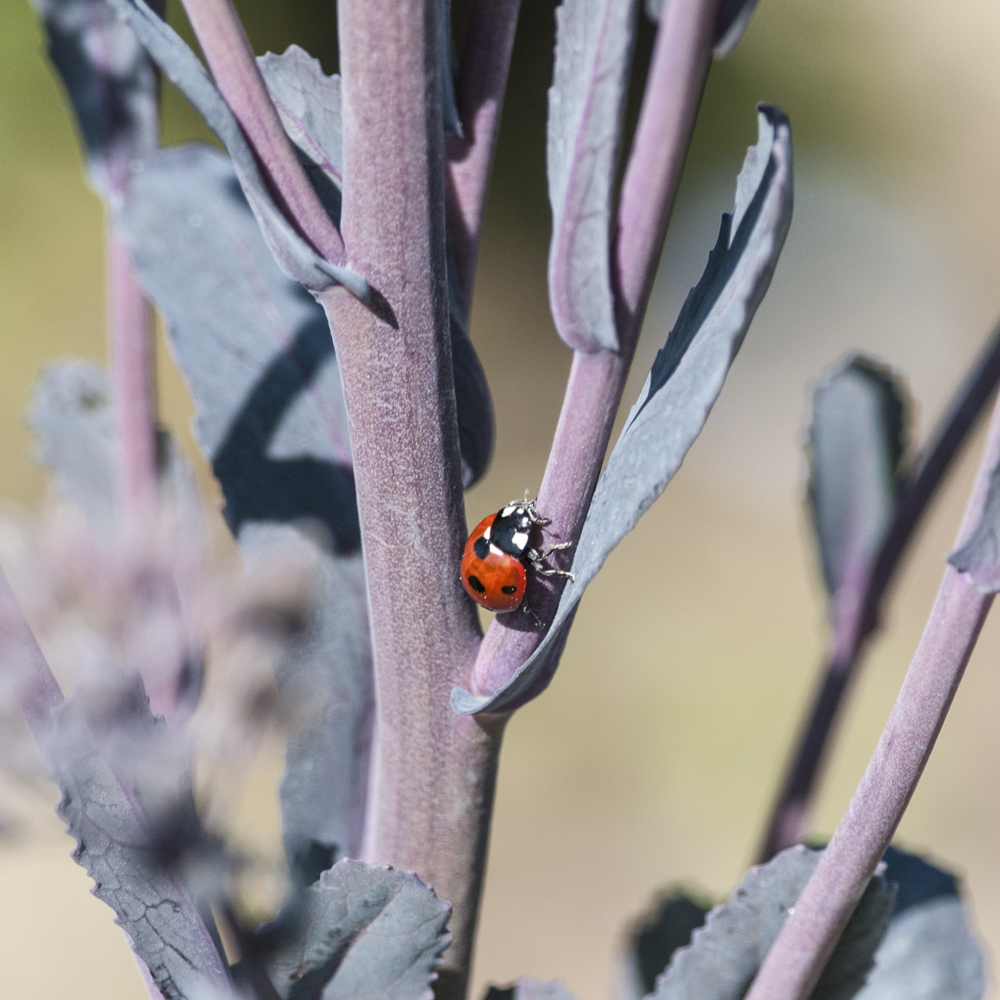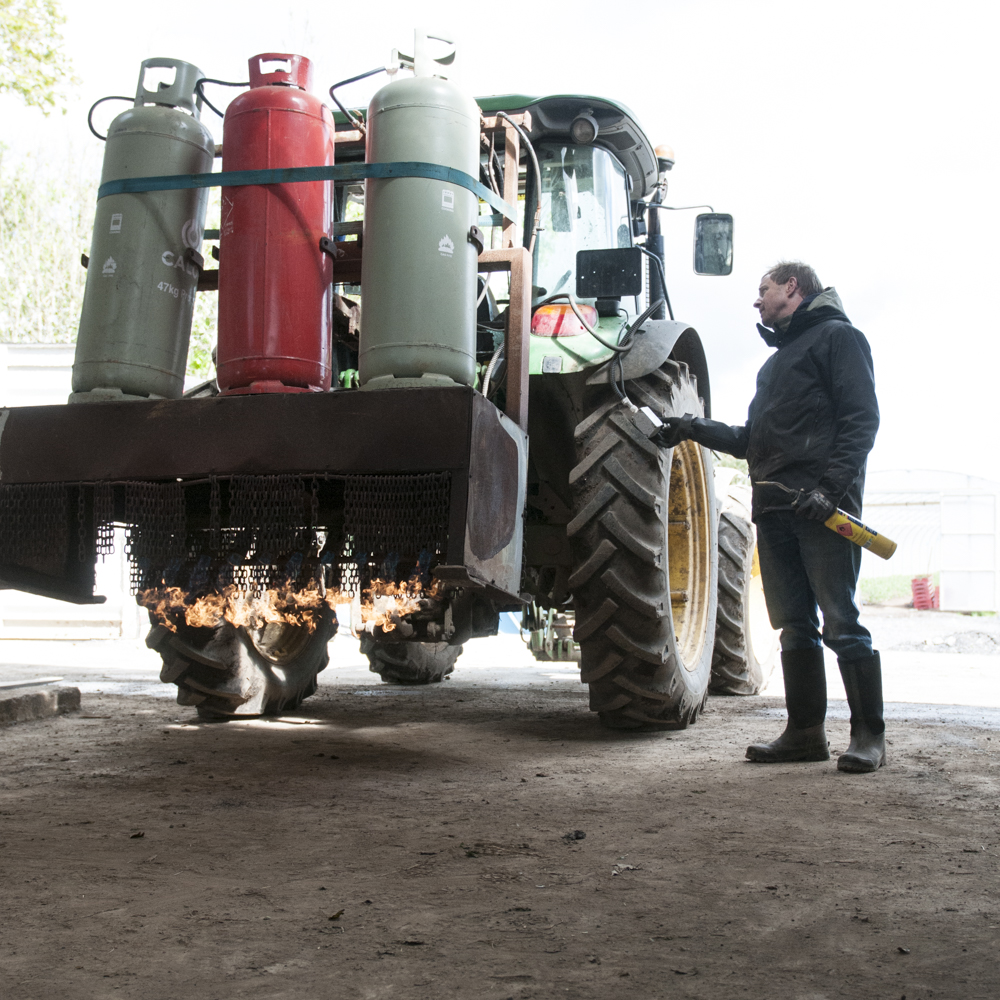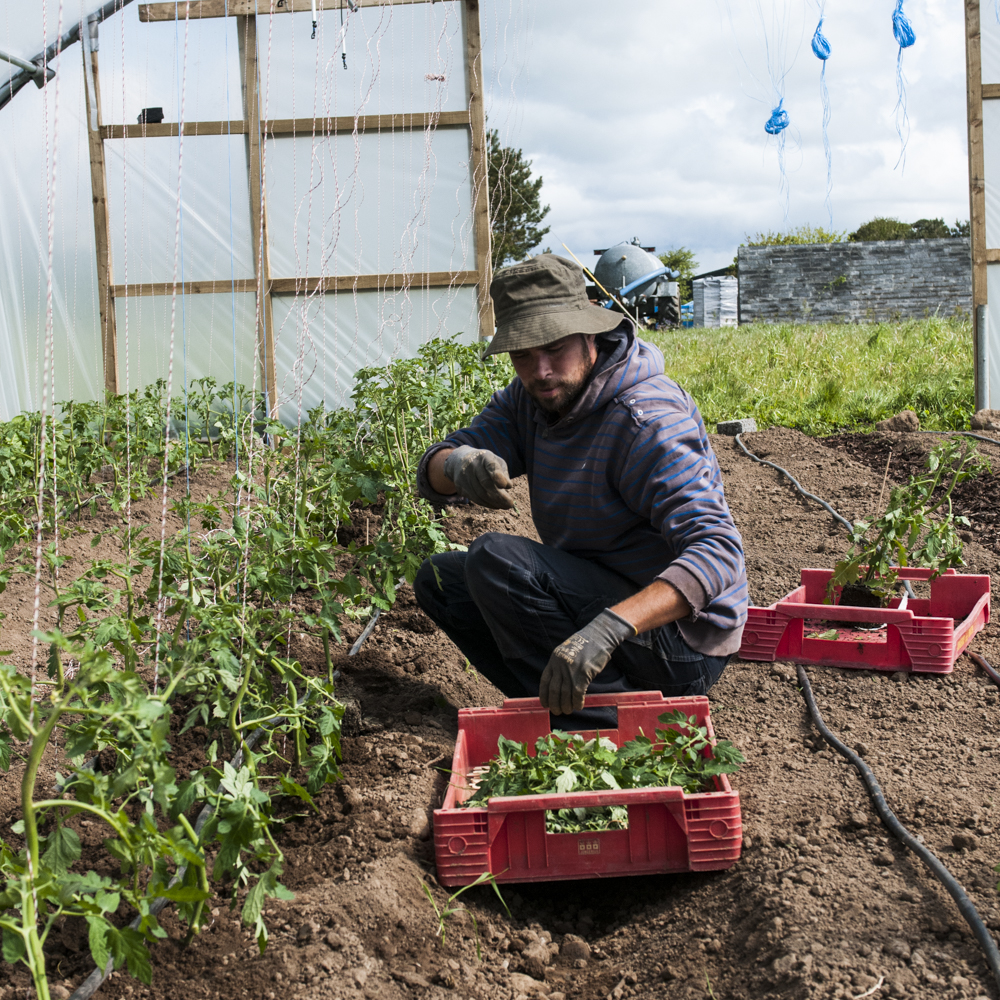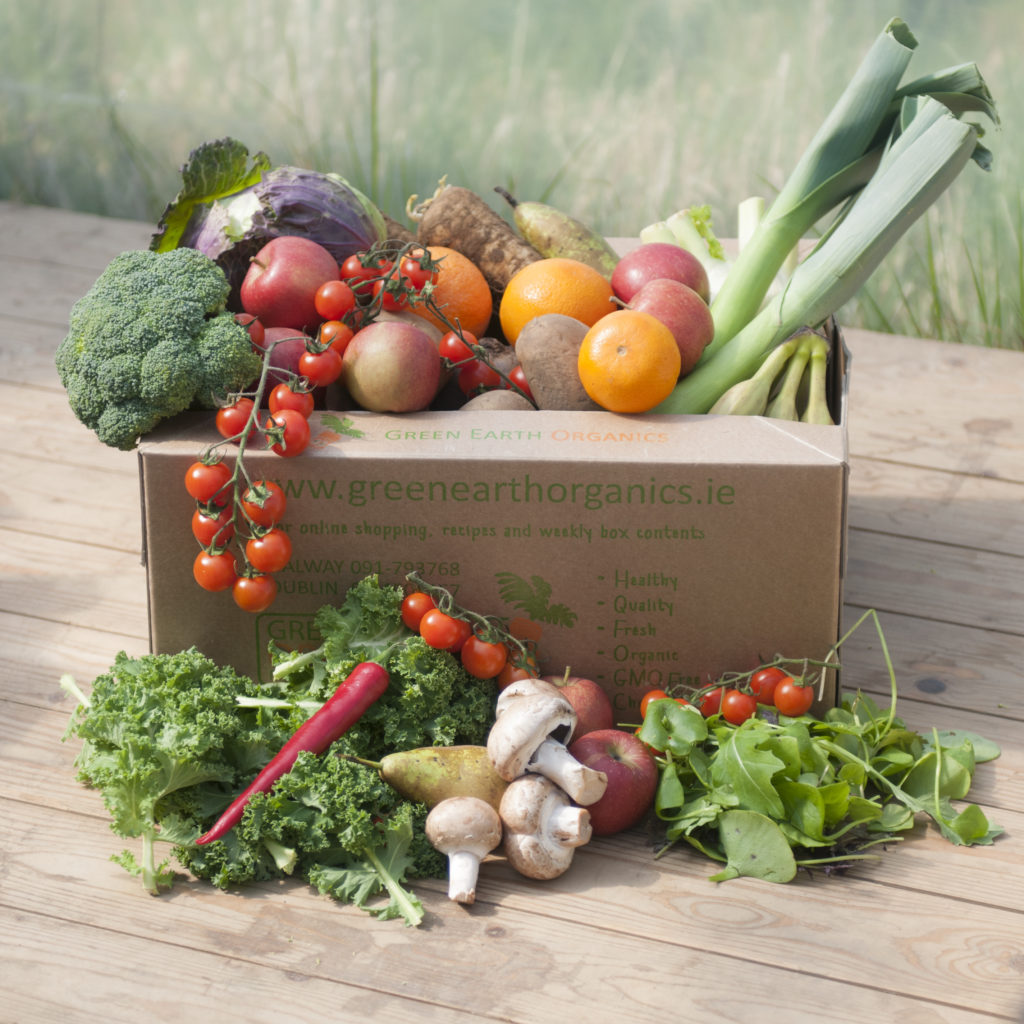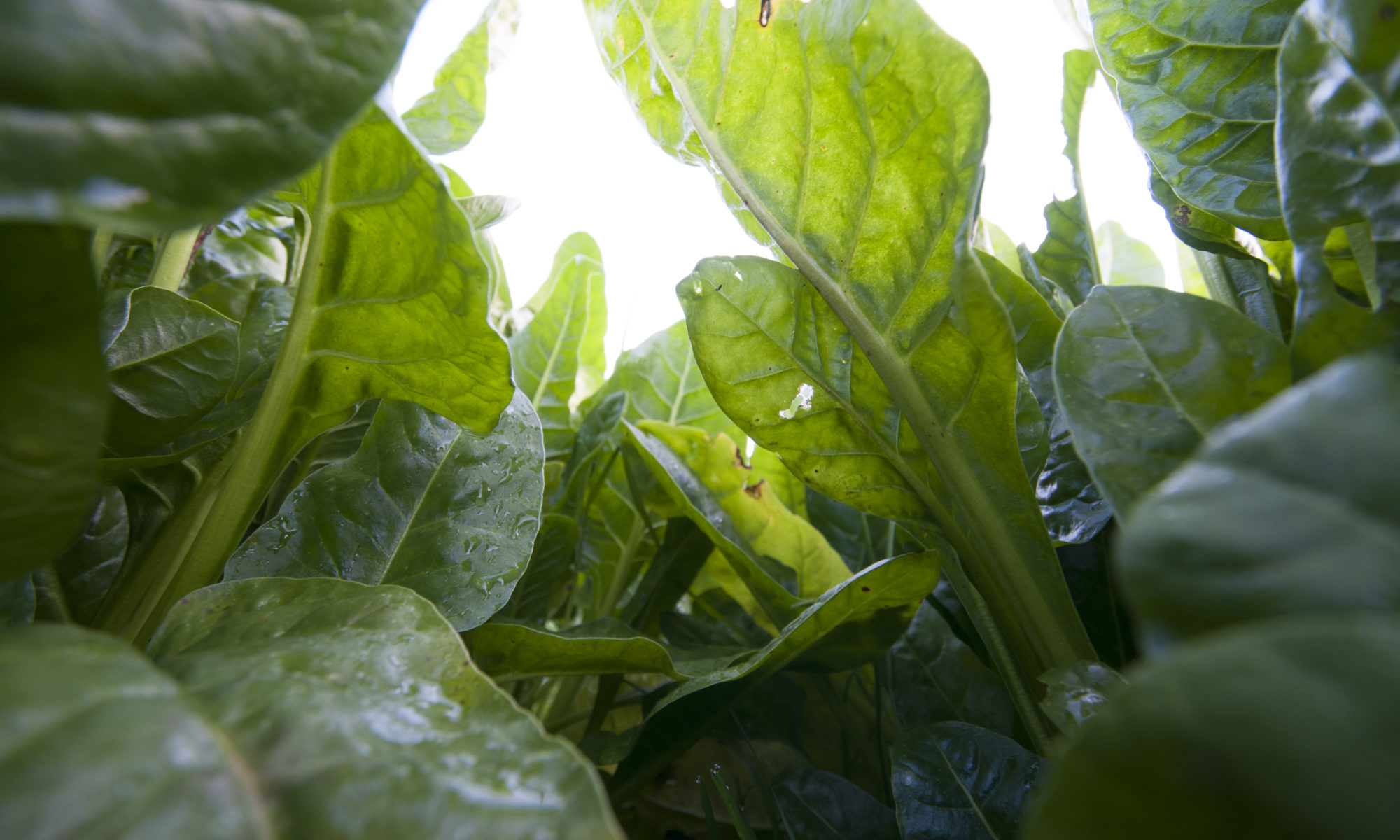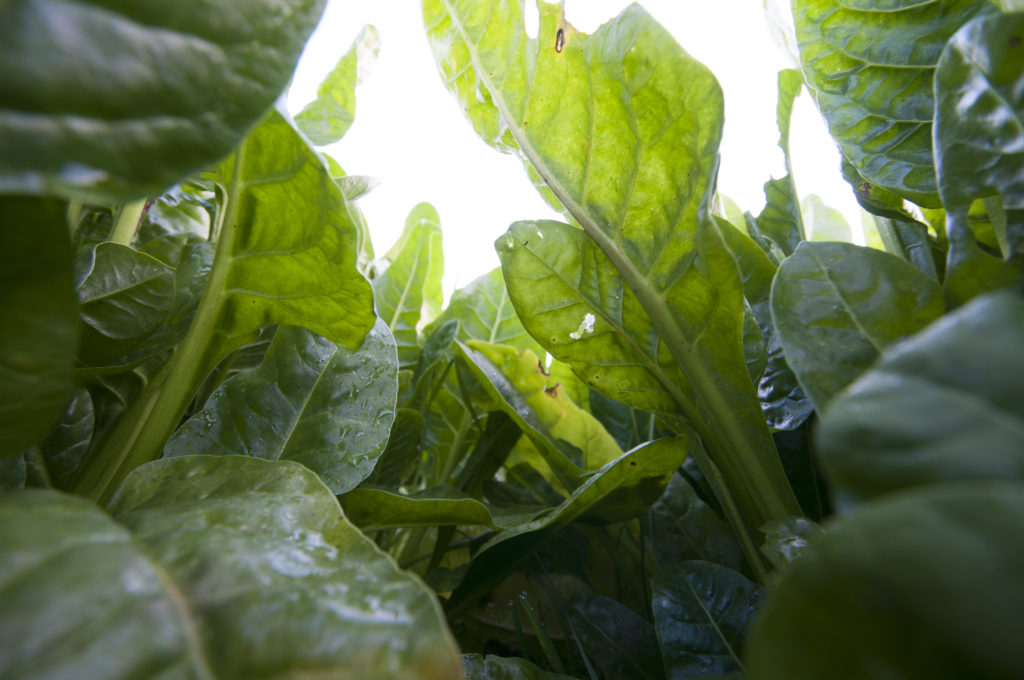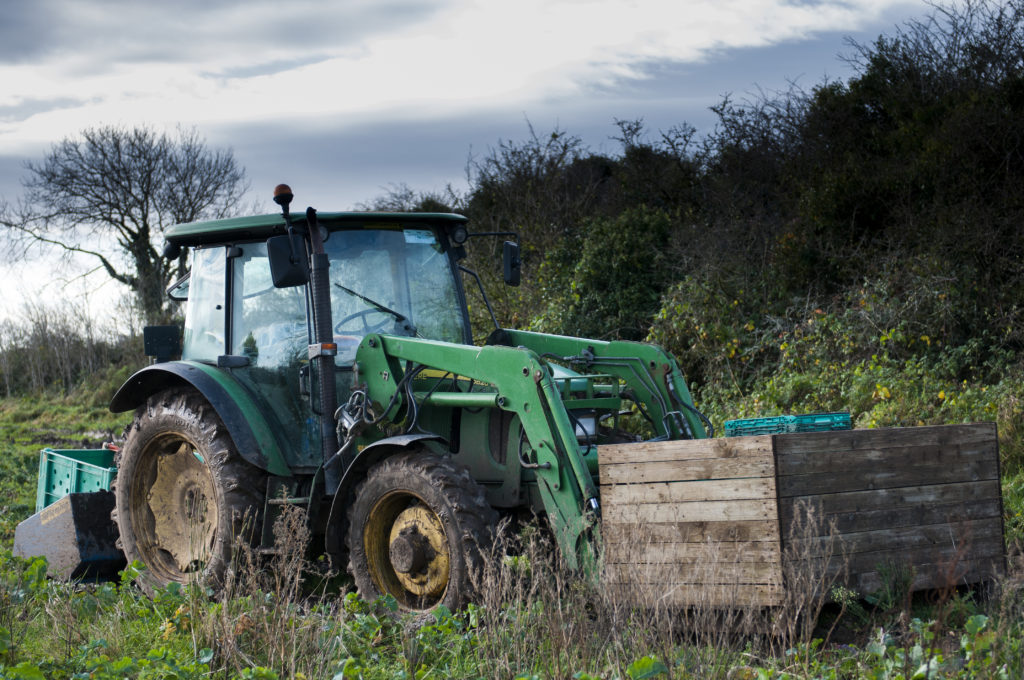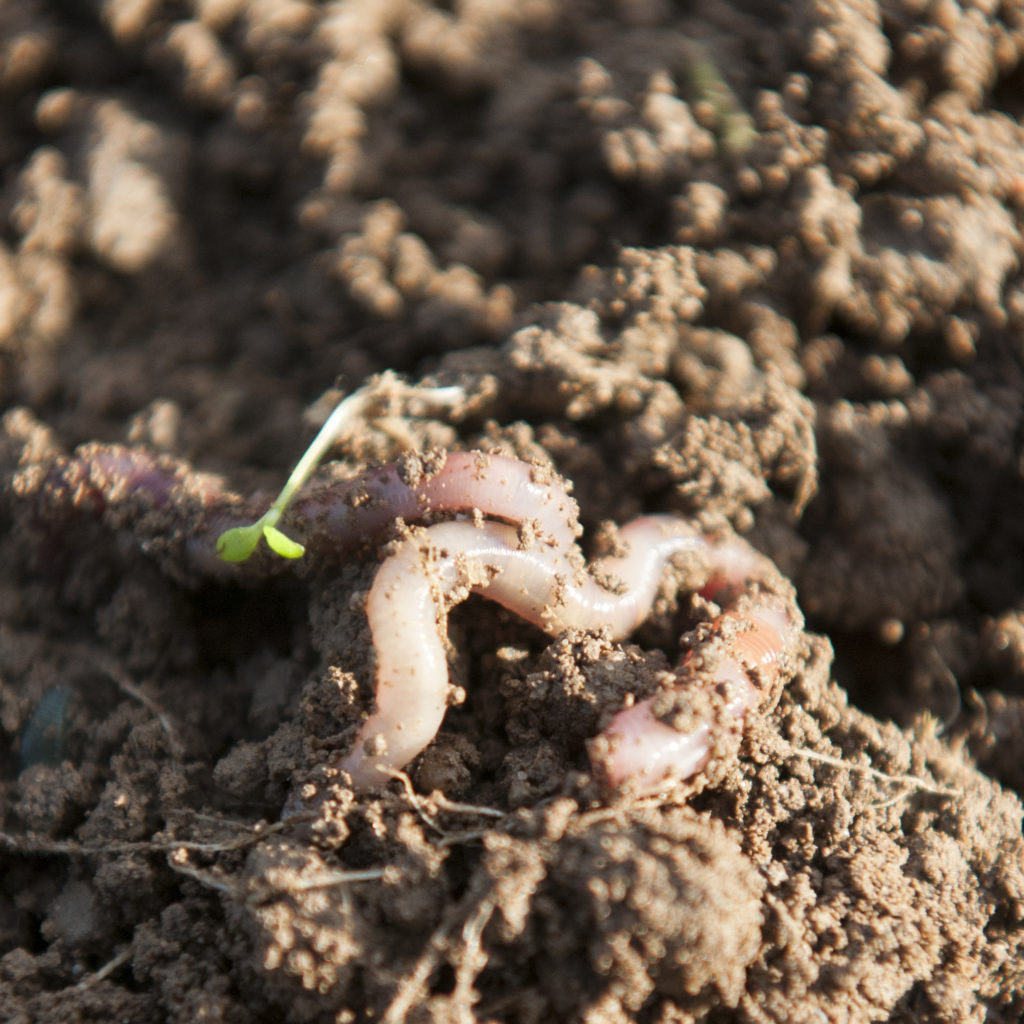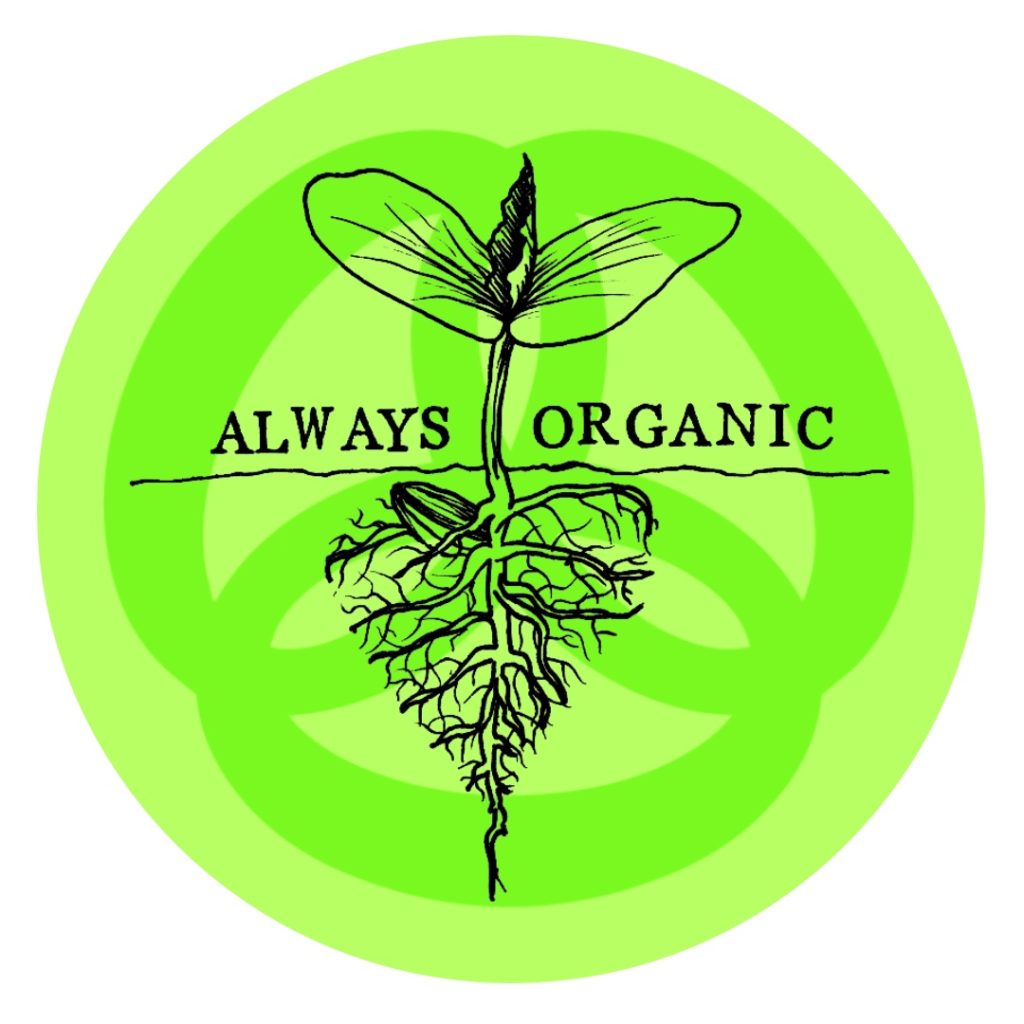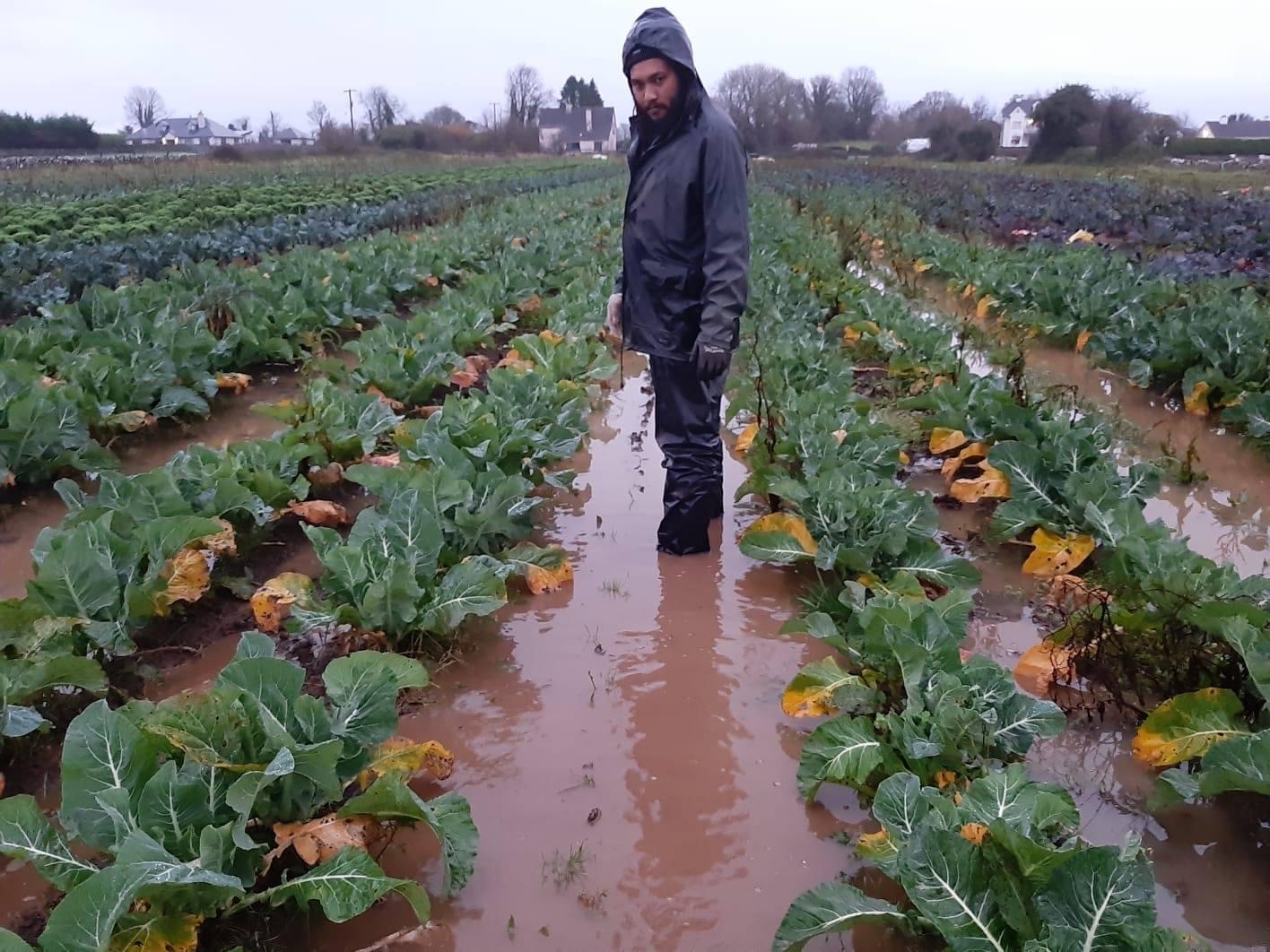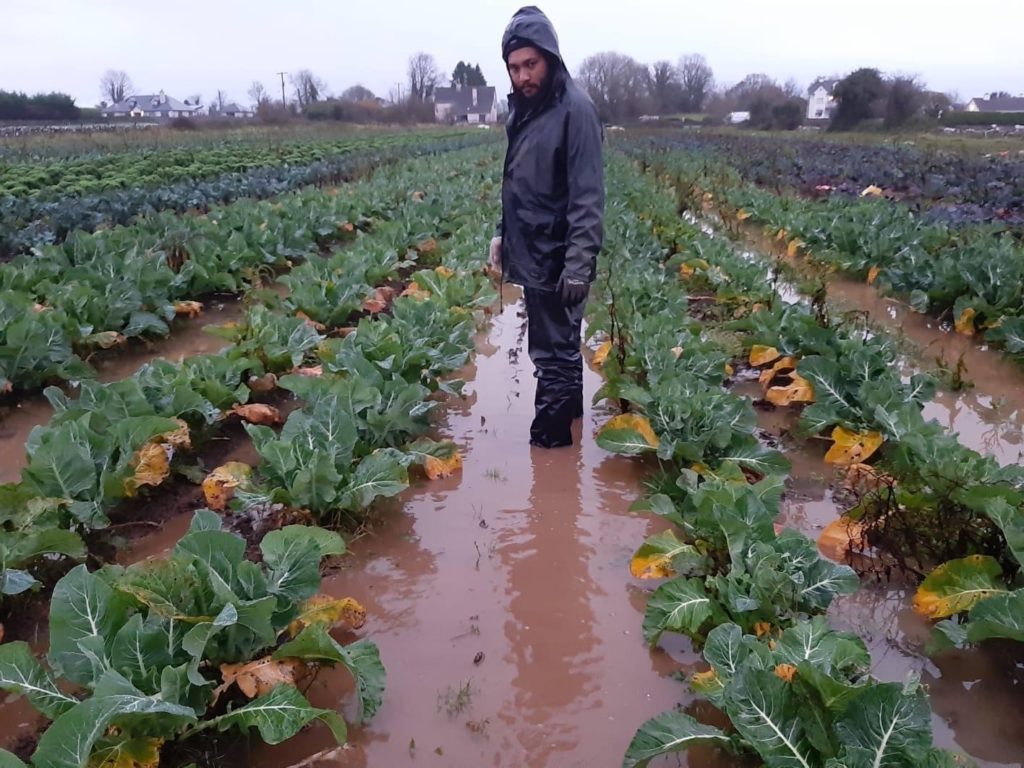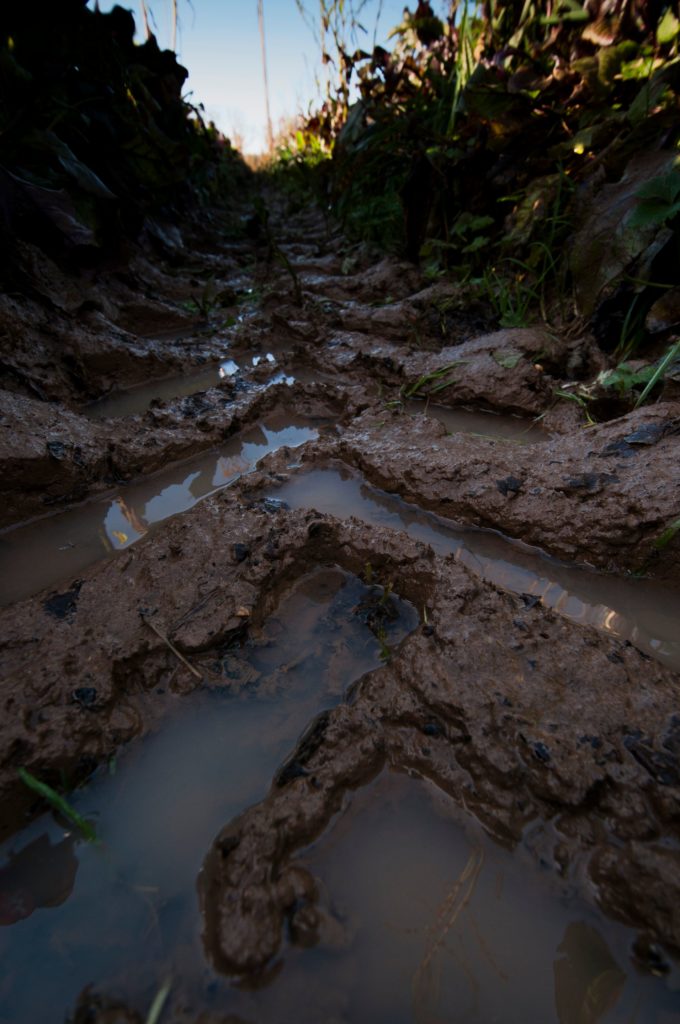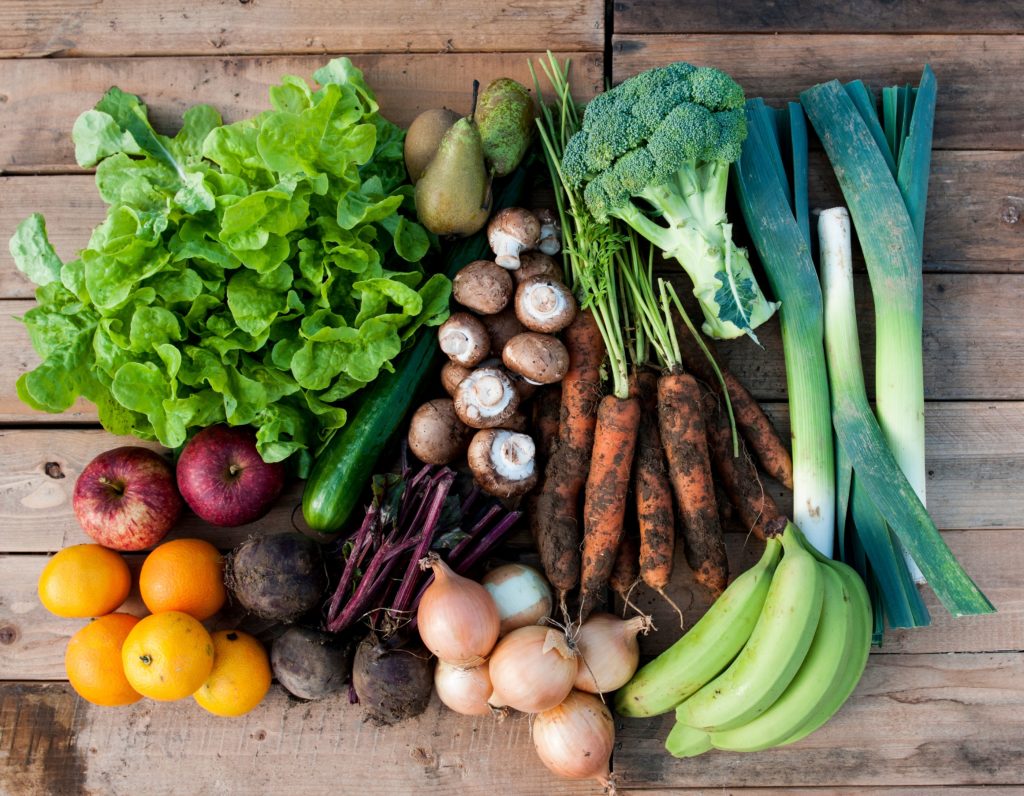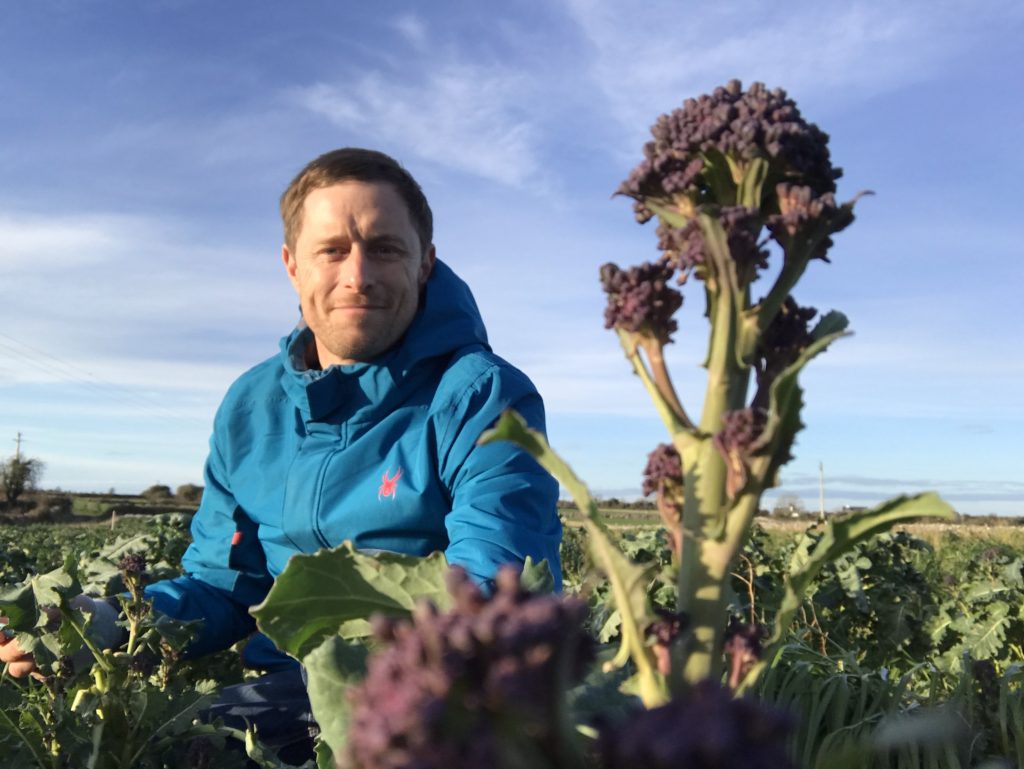
Do you like carrots? Have you ever caught the aroma of a fresh carrot as you wash the dirt from it’s skin? How about crunching into a fresh sweet carrot, the taste grabs you, it is enlivening. Our grandparents took the taste of food for granted, it was what they expected. Funny that the opposite is true today.
Those carrots of our grandparent’s generation are a long way from the plastic clad, washed supermarket carrots imported from foreign lands. What do they taste of? Very little indeed.
Not only have carrots lost their taste, but they have lost their goodness. A carrot today will have 75% less copper and magnesium and nearly 50% less calcium and iron that’s its relative 50 years earlier. These are sad facts, published by the British Medical Research Council. Our food system now produces food that is depleted in vitamins and minerals, how can this be?
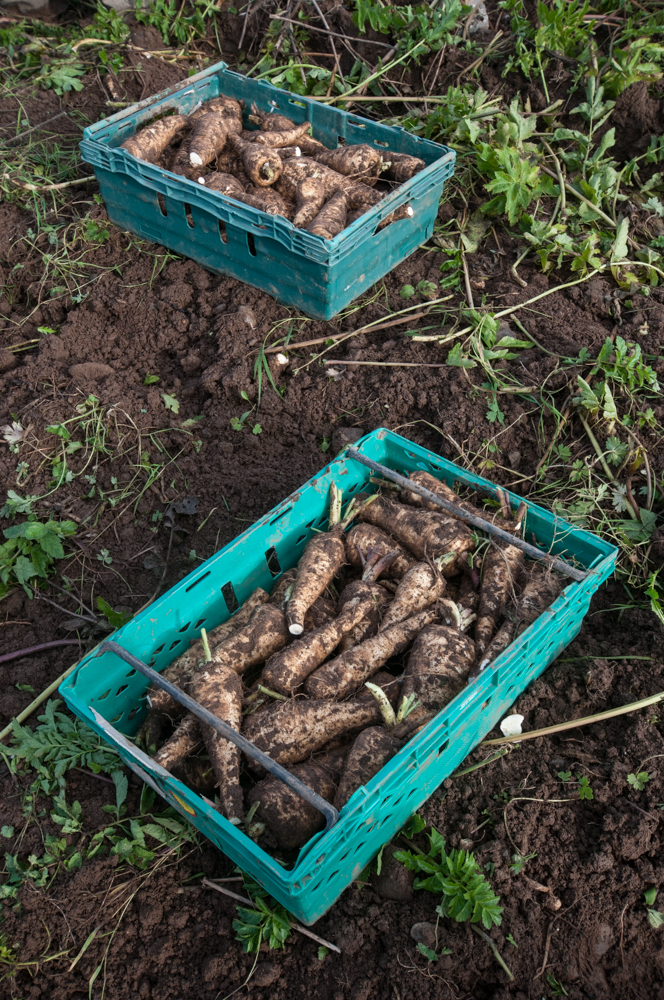
The answer it seems lies in how we treat one of our most precious resources, our soil. Our one-time rich soils have been depleted by the constant barrage of chemical fertilisers, and the life in them as been destroyed by the persistent use of a cocktail of chemicals. The result: food that is as lifeless as the soil it was grown in. If this is mankind’s ingenuity, I want no part of it.
Have we become too smart for our own good? We all want to believe that modern technology will lift us out of the hole we are in, a hole of our own making, but will it? Look at what we have done to our soil. We don’t need modern technology to fix our soil, we need a thoughtful skilful approach to growing our food. A balanced approach that does not extract every last drop of vitality the land has to offer but leaves something for other life to flourish.
Mother nature doesn’t particularly care about our degree of cleverness, she is hurting, and the question is are we smart enough to recognise our own absurdity and to take action to rectify the damage we are doing?
“It is the degree to which a species is suited to its environment, not its cleverness, that ensures it’s survival” Charles Darwin.
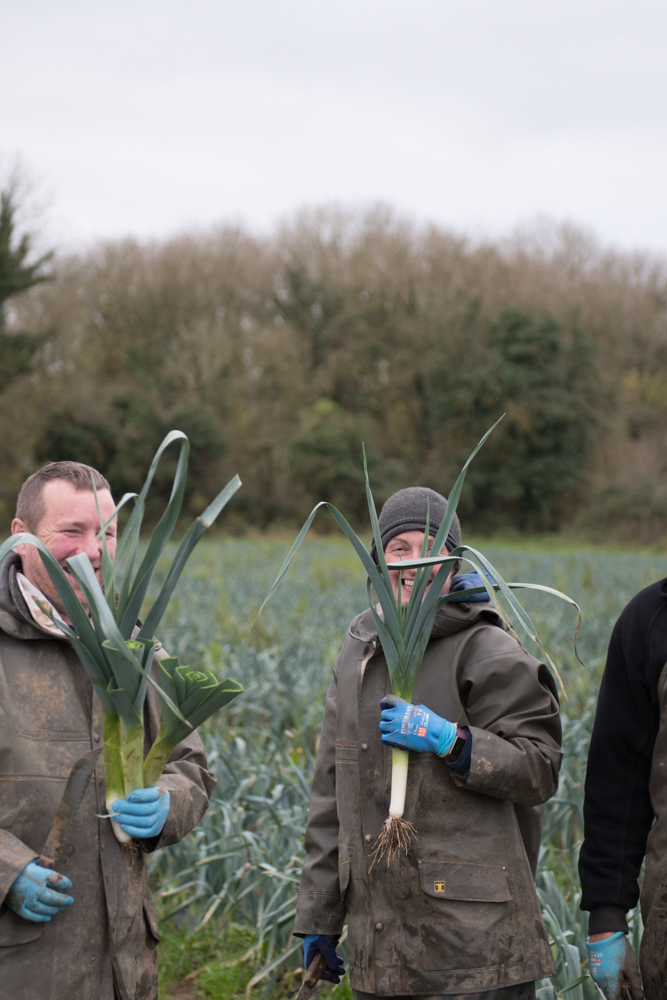
For many generations now we have lived more or less in harmony with nature but in the last 50 years the havoc we have wrought on our home has become more and more obvious, when will enough be enough?
I can only talk to what we are doing, I know we can grow food that tastes like food. There is magic in that taste. That taste tells you something very important, it tells you a story, a story of a soil that was cared for, it tells you that the birds and bees and all the other little fellas running around were respected, it tells you that what you are eating is real food with no free hidden chemical extras.
That taste tells you; you are eating the very best food you can buy and you are taking one very important step to protecting our land and your health.
That the taste reflects a deep respect for the land.
As always thank you for your support
Kenneth


